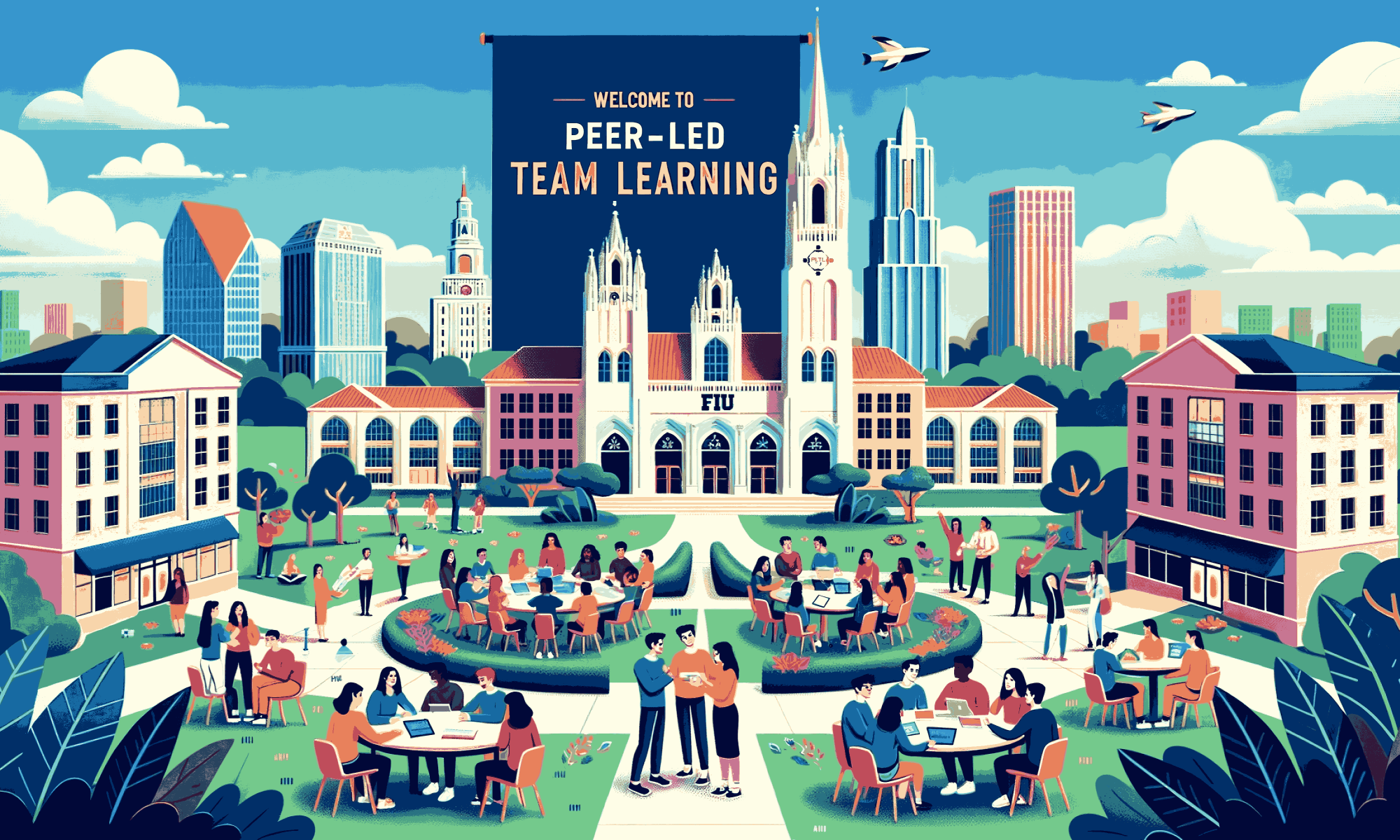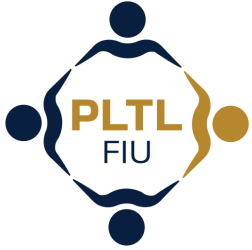As a Peer Leader in the PLTL program, certain core competencies are essential to ensure effective facilitation and a positive learning environment. These competencies serve as the foundation for your role and are crucial for your success and the success of your peers.
1. Communication Skills 💬
Being an effective communicator is paramount. This includes clearly articulating ideas, actively listening, and ensuring that all voices in the group are heard. Peer Leaders should be able to convey complex concepts in simple terms and facilitate discussions in an engaging manner.
2. Subject Matter Expertise 📚
A strong grasp of the subject matter is key. This doesn’t mean you need to know everything, but you should have a solid understanding of the core concepts and be prepared to guide learners through challenging material. Continuous learning and staying updated on subject changes is also crucial.
3. Leadership and Team Management 👥
Effective leadership involves motivating and managing a diverse group of learners. This includes setting clear expectations, providing direction, and fostering a supportive and inclusive learning environment. Peer Leaders should be adept at conflict resolution and team-building activities.
4. Empathy and Understanding ❤️
Recognizing and responding to the diverse needs and backgrounds of learners is vital. This requires being empathetic, patient, and approachable. Peer Leaders should create an environment where all students feel valued and respected.
5. Problem-Solving and Critical Thinking 🧠
Being able to think critically and solve problems is essential, especially when dealing with complex topics or group dynamics. Peer Leaders should guide learners in analytical thinking and problem-solving strategies, promoting a deeper understanding of the material.
6. Adaptability and Flexibility 🔄
The ability to adapt teaching strategies to suit different learning styles and adjust plans on the fly is important. Peer Leaders should be flexible and open to new approaches in response to group needs or unexpected challenges.
7. Organizational Skills 📅
Effective time management and organization are critical for running smooth sessions. Planning ahead, being punctual, and having a structured approach to each session ensures that learning objectives are met efficiently.
8. Feedback Incorporation ✍️
A Peer Leader must be open to receiving and incorporating feedback for continuous improvement. This involves regularly seeking and constructively using feedback from both students and supervisors.
By developing and honing these competencies, you will not only enhance your effectiveness as a Peer Leader but also contribute significantly to the learning journey of your peers.

